Egg Donation in India: A Comprehensive Guide for Legal and Medical Process
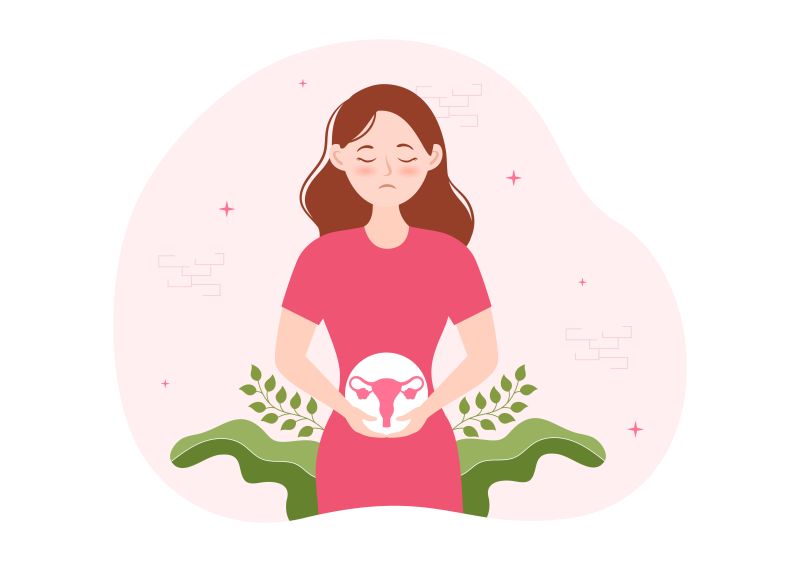
If you’re contemplating becoming an egg donor in India, understanding the intricacies of the legal framework and the step-by-step process is crucial. The recent implementation of regulations in India aims to ensure the protection of the rights and well-being of both egg donors and recipients.
Egg donation has become an increasingly popular option for couples struggling with infertility or same-sex couples looking to start a family. In this article, we will delve into the world of egg donation in India, exploring the process, legal regulations, and potential challenges faced by both donors and recipients.
We will also shed light on the current state of egg donation in India and provide insights into the future of this practice in the country.
In countries like India, where surrogacy and assisted reproductive technologies are widely practiced, egg donation has emerged as a viable solution for those unable to conceive using their own eggs.
Contact us directly for a free consultation!🤝
📲 +91-8800481100 ( WhatsApp, Line, Viber)

The demand for egg donation in India has been steadily increasing, with an estimated 10,000 cycles being performed each year. This surge in demand can be attributed to the country’s thriving medical tourism industry, as well as the comparatively lower cost of egg donation procedures.
However, with the rise in popularity, there has also been a rise in ethical concerns and legal complexities surrounding egg donation in India.
Understanding the New Legal Framework
In the context of egg donation, there are several important legal and ethical considerations to be taken into account. From a legal standpoint, it is crucial to ensure that all parties involved, including the donor, recipient, and any intermediaries, adhere to the relevant laws and regulations governing egg donation in India.
This may involve obtaining informed consent from the donor, ensuring confidentiality and privacy of personal information, and complying with any restrictions or guidelines set forth by the regulatory bodies as per the latest surrogacy regulation bill.
Additionally, it is essential to address the ethical implications of egg donation, such as the autonomy and well-being of the donor, the equitable distribution of reproductive opportunities, and the potential emotional and psychological impact on all parties involved.
The recently enacted law in India focuses on regulating assisted reproductive technologies ( ART), including egg donation, with a paramount emphasis on informed consent, medical screenings, and confidentiality.
Both the prospective egg donor and the recipient are required to furnish written consent and undergo various assessments before proceeding with the donation process.
Additional guide for choosing egg donor:
Infographic- How Does the IVF Egg Donor Process Work?
Egg Donation Process- The Definitive Guide for IVF Egg Donor
Can I use both an Egg Donor and a Sperm Donor for my Surrogacy Journey?
Top 8 Factors to Consider While Intended Parents Choose Egg Donor
Will Baby Look Like Me If I Use Egg Donor?
How Long Does the Egg Donation Process Take?
 Extensive screening process for donors
Extensive screening process for donors
To ensure the highest level of safety and suitability, a comprehensive and extensive screening process is implemented for potential egg donors. This process involves a thorough evaluation of the donor’s medical history, physical health, and psychological well-being.
Medical professionals conduct a series of tests and examinations to assess the donor’s overall health, including blood tests to determine hormone levels, genetic screening to identify any hereditary conditions and infectious disease testing.
Additionally, psychological evaluations are conducted to assess the donor’s mental health and emotional readiness for the donation process. By implementing this rigorous screening process, the aim is to select donors who are in optimal health, both physically and mentally, and who meet the necessary criteria to ensure the best possible outcome for the recipient.
Screening Process For Egg Donors
- Medical history evaluation
- Physical and mental health assessments
- Genetic testing
- Drug and alcohol screening
- Infectious disease testing
- Psychological evaluations
 Highly trained medical professionals involved
Highly trained medical professionals involved
Throughout the process of egg donation in India, highly trained medical professionals play a crucial role in ensuring the safety and success of the procedure.
These professionals, who have extensive experience in reproductive medicine and assisted reproductive technologies, are responsible for overseeing every step of the donation process. From the initial screening of potential egg donors to the retrieval of eggs and the subsequent transfer to the recipient, these trained professionals closely monitor and manage the entire process.
They possess the expertise to accurately assess the suitability of potential donors, perform complex medical procedures with precision, and provide the necessary guidance and support to both donors and recipients. By relying on these highly trained medical professionals, individuals seeking egg donation in India can have confidence in the quality and professionalism of the care they receive throughout their journey.
Medical professionals for egg donation:
- Fertility doctors
- Obstetricians
- Anesthesiologists
- Lab technicians
- Reproductive endocrinologists
- Genetic counselors
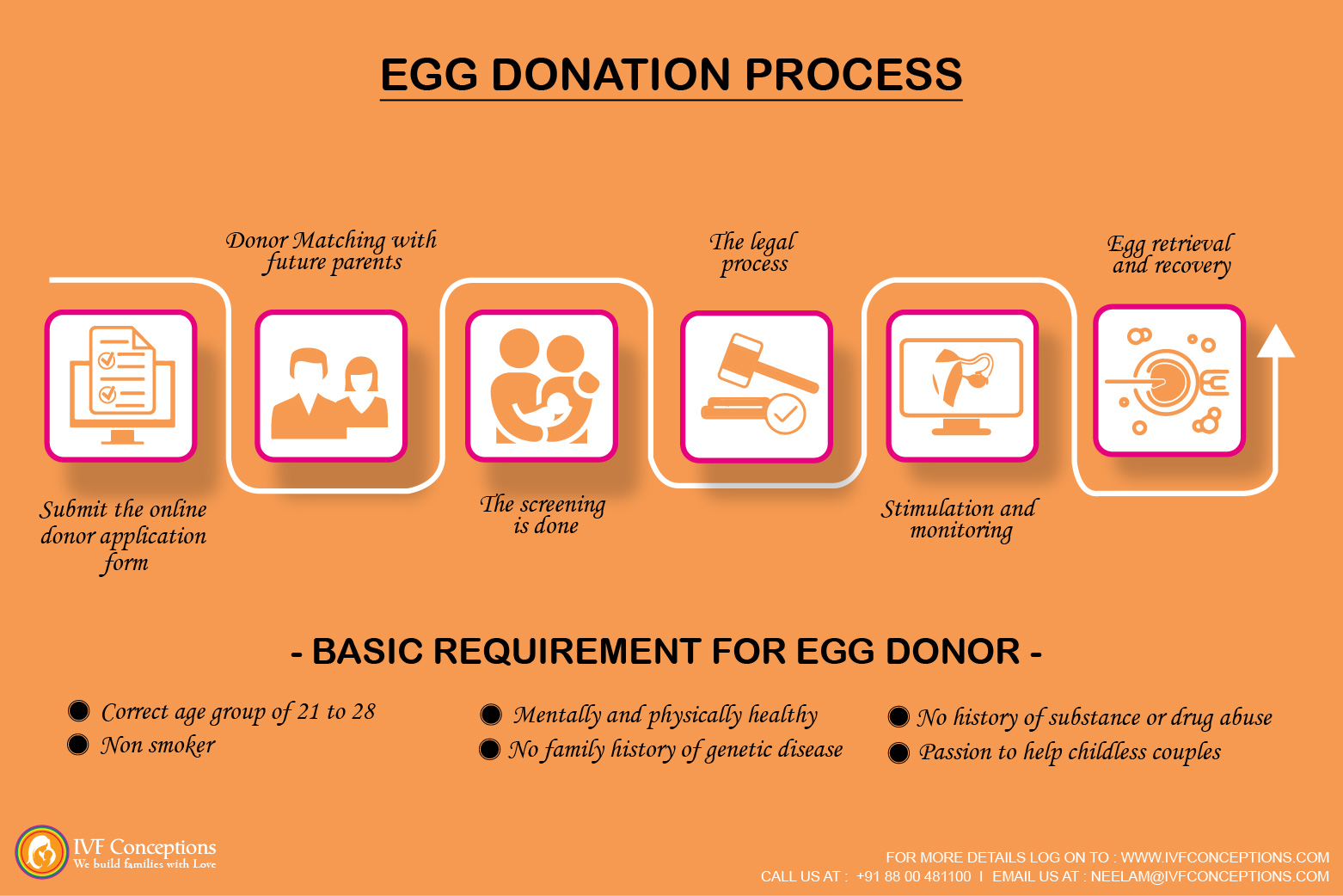
How To Become an Egg Donor in India
Given the sensitive and intricate nature of the egg donation process, individuals considering becoming an egg donor should carefully consider the responsibilities and commitments involved. Becoming an egg donor requires a deep understanding of the physical and emotional implications of the process.
Donors need to undergo extensive medical and psychological screenings to ensure their overall health and suitability for donation. Additionally, they must be prepared to adhere to strict protocols and guidelines during the process, including self-administering medications and attending regular medical appointments.
It is also crucial for potential egg donors to understand the potential emotional impact of the process, as they may develop a connection to the intended parents and the child that may result from the donation. By fully comprehending the responsibilities and potential implications of becoming an egg donor, individuals can make informed decisions and play a vital role in helping others to fulfill their dreams of parenthood.
Eligibility Criteria for Egg Donors
Eligibility Criteria for Donors in India:
To ensure the safety and success of the egg donation process, certain eligibility criteria are implemented to select suitable donors. These criteria typically involve age requirements, medical and reproductive health evaluations, genetic screenings, and psychological assessments.
Egg Donor Eligibility Criteria
- Age between 21-32
- Good overall health
- Non-smoker/non-drug user
- No family medical history of genetic disorders
- BMI between 18.5-29
- Willingness to undergo psychological and medical screenings
 Procedure for Becoming an Egg Donor
Procedure for Becoming an Egg Donor
- Research and Selection of Fertility Clinic: Begin by thoroughly researching and selecting a reputable fertility clinic or organization. Ensure compliance with the new law and a track record of ethical practices.
- Initial Consultation: Schedule an initial consultation with the chosen clinic to receive detailed information about the egg donation process, legal implications, and potential risks. This is the opportune time to ask questions and address concerns.
- Screening and Assessment: Upon deciding to proceed, undergo comprehensive screenings and assessments, including medical and genetic evaluations, psychological counseling, and infectious disease testing. These evaluations ensure physical and mental well-being and assess the suitability of eggs for donation.
- Informed Consent: After successfully completing screenings, provide written informed consent, signifying understanding of the process, associated risks, and legal implications. This step is critical in protecting both parties involved.
- Hormonal Stimulation and Monitoring: Eligible candidates proceed to receive hormone injections to stimulate egg production, monitored regularly through blood tests and ultrasounds to ensure a safe and effective response.
- Egg Retrieval: Mature eggs are retrieved through a minor surgical procedure called transvaginal ultrasound-guided egg retrieval. This outpatient procedure, typically done under sedation or general anesthesia, collects eggs using a thin needle guided by ultrasound imaging.
- Post-Donation Care: Following retrieval, recipients receive post-operative care instructions and may experience mild discomfort or bloating for a few days. The fertility clinic provides guidance and support during this recovery period.
- Follow-up Visit: Most fertility clinics prefer to have a follow-up visit with the egg donor to make sure she is doing well and does not have any health issues.
 Conclusion
Conclusion
In conclusion, navigating the process of becoming an egg donor in India involves careful consideration of legal requirements, health criteria, and procedural steps. Choosing a reputable clinic and understanding the comprehensive process will empower individuals to make informed decisions.
Egg donation in India offers a viable and affordable option for individuals and couples struggling with fertility issues. Through the use of advanced technology and highly trained medical professionals, the process of egg donation is safe, and efficient, and can bring joy and fulfillment to those in need.
If you’d like to learn more about IVF, Egg Donation, or surrogacy services globally, check out the rest of our website at IVF Conceptions. We offer legally secure and affordable surrogacy consulting services for FREE.
Contact us directly for a free consultation!🤝
📲 +91-8800481100 ( WhatsApp, Line, Viber)
Additional guide for egg donor surrogacy:
https://completesurrogacy.com/
 FAQs About Egg Donors in India
FAQs About Egg Donors in India
Frequently Asked Questions
Are there age restrictions for egg donors?
A: Generally, donors are required to be between 21 and 35 years old, but specific limits may vary.
What lifestyle factors may disqualify a candidate?
A: Smoking, drug use, or excessive alcohol consumption are factors that could disqualify a potential donor.
What is the egg retrieval procedure like?
A: The procedure, done under sedation or general anesthesia, involves collecting mature eggs through a thin needle guided by ultrasound imaging.
What are the legal and ethical considerations surrounding egg donation in India?
In India, the legal and ethical considerations surrounding egg donation involve issues such as informed consent, compensation, and the protection of the donor’s rights. The Indian Council of Medical Research (ICMR) has laid down guidelines to regulate the practice, ensuring that donors are fully informed about the process and its potential risks.
Ethical concerns include the potential exploitation of donors and the commodification of human eggs. Additionally, there are legal requirements for clinics and individuals involved in egg donation, such as the need for registered ART clinics and a ban on commercial surrogacy. Overall, the aim is to strike a balance between promoting access to fertility treatments and safeguarding the rights and well-being of egg donors.
How does the process of egg donation work in India, from initial screening to the actual donation?
In India, the process of egg donation typically involves several steps. Firstly, potential donors undergo thorough medical and psychological screenings to ensure their suitability. Once selected, they receive hormone injections to stimulate egg production. The eggs are then retrieved through a minor surgical procedure performed under anesthesia.
Following the retrieval, the eggs are fertilized with sperm in a laboratory to create embryos. These embryos can be implanted into the intended mother’s uterus or frozen for future use. The entire process is strictly regulated and confidential, ensuring the well-being of all parties involved.
What are the potential risks and side effects associated with egg donation in India, and how are they managed?
Potential risks and side effects associated with egg donation in India include physical discomfort, ovarian hyperstimulation syndrome, infection, bleeding, allergic reactions, and anesthesia risks.
These risks are managed through rigorous screening and monitoring of donors, informed consent, medical supervision throughout the donation process, and the use of appropriate medications and techniques to minimize complications.
Donors are provided with comprehensive medical and psychological evaluations, and their health is closely monitored during and after the donation. Proper medical care, counseling, and support are provided to donors to ensure their safety and well-being throughout the process.

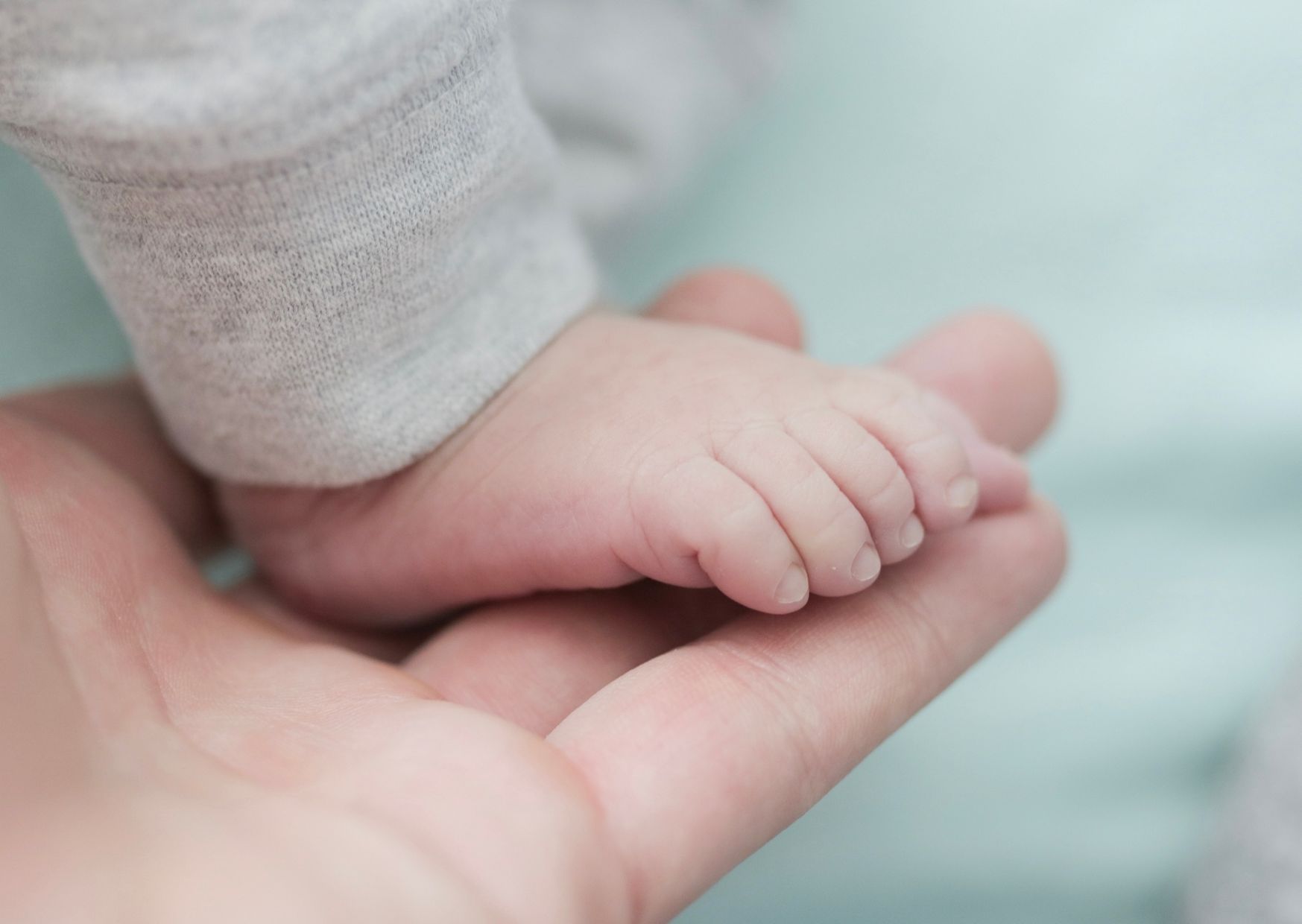 Extensive screening process for donors
Extensive screening process for donors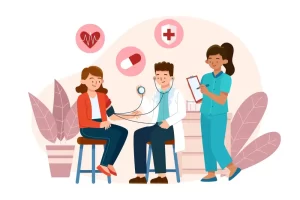 Highly trained medical professionals involved
Highly trained medical professionals involved Procedure for Becoming an Egg Donor
Procedure for Becoming an Egg Donor Conclusion
Conclusion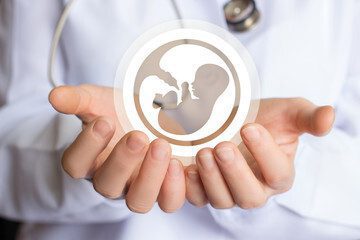 FAQs About Egg Donors in India
FAQs About Egg Donors in India